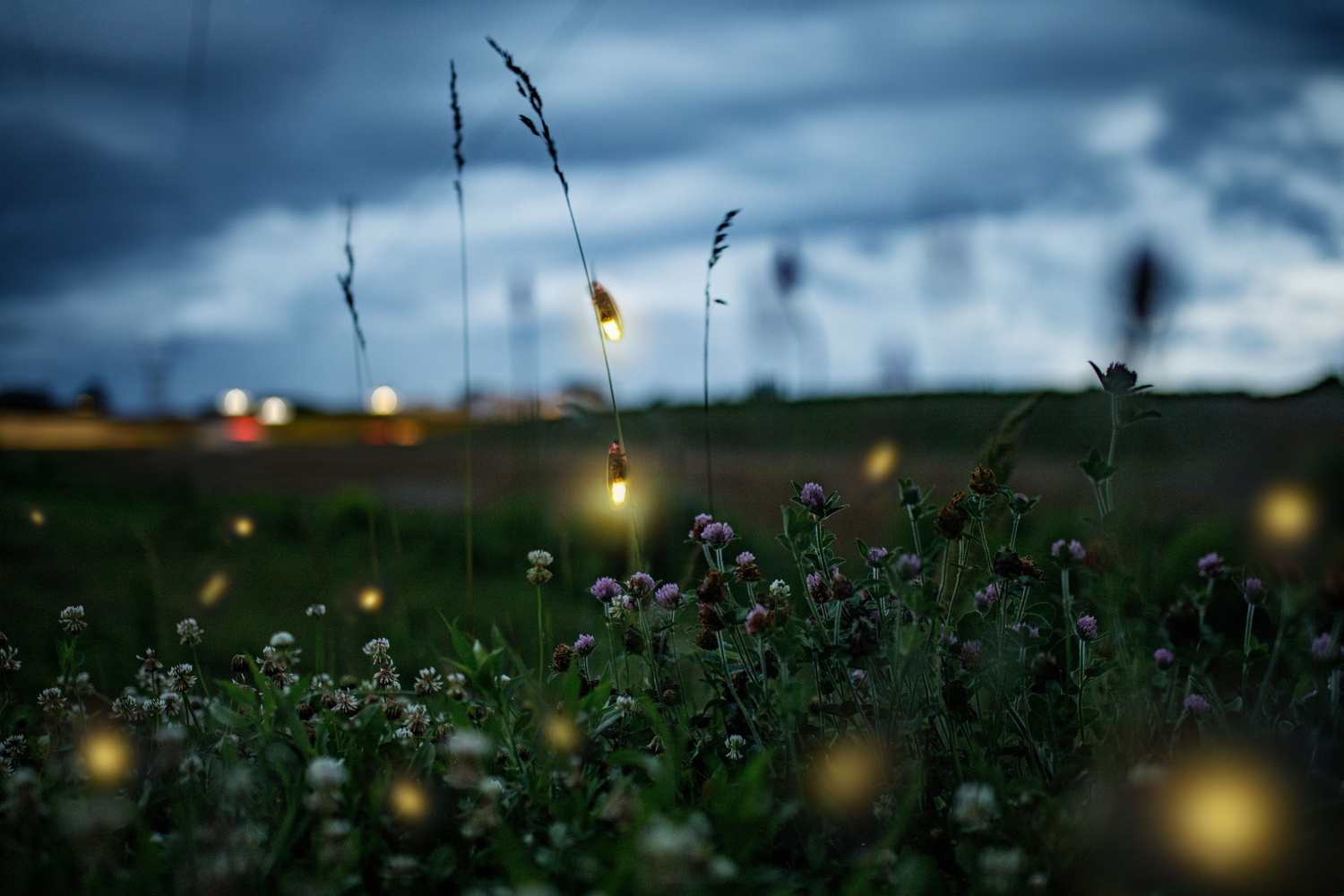
Like Fourth of July fireworks, cooling swims and relaxing vacations, fireflies are a sign of summer.
Fireflies light up our yards on hot summer nights, and many of us have cherished memories of those dazzling flashes, hence the nickname “lightning bug.” Fireflies are not only fun to watch but also serve many important roles: as both predator and prey and as important environmental indicators because they are very sensitive to environmental changes. Tracking environmental indicators of many species provides data used to assess environmental quality, identify environmental problems, and support decision-making related to environmental policy and management.
As predators in their juvenile stage, fireflies kill snails, slugs, grubs and other ground insects that damage crops and flowering plants. Many organic farmers use fireflies to help protect their crops. Fireflies also serve as prey for other insects and birds, helping to support the food chain. Adult fireflies are among our important pollinators. As fireflies move between flowers, pollen sticks to them and gets transferred. They are also better suited to be active pollinators in darkness. There are also direct benefits to humans. Luciferin, the chemical responsible for their bioluminescence, is used in imaging and other medical applications.
Unfortunately, we are no longer seeing hundreds of fireflies light up backyards and benefit our environment. The threats to their existence include the loss of critical native habitats due to rapid changes in our lands and watersheds and encroaching development.
Help replace lost habitats and bring back fireflies for summer nights and environmental benefits.
•Make your garden as inviting as possible for fireflies to take up residence.
Plant native plants to increase retention of water in the soil. Have a diversity of vegetation. Don’t use pesticides and herbicides.
•Use leaf litter in your flower beds instead of mulch and leave some litter in the yard. Be messy, not manicured.
•Reduce outdoor lighting. Dark skies are good for fireflies.
For more information, visit firefly.org. Your family members can become citizen scientists by reporting sightings for data collection.
Melissa Morgan Nelson is a member of the Westhampton Garden Club Conservation Committee and a former president of the club.